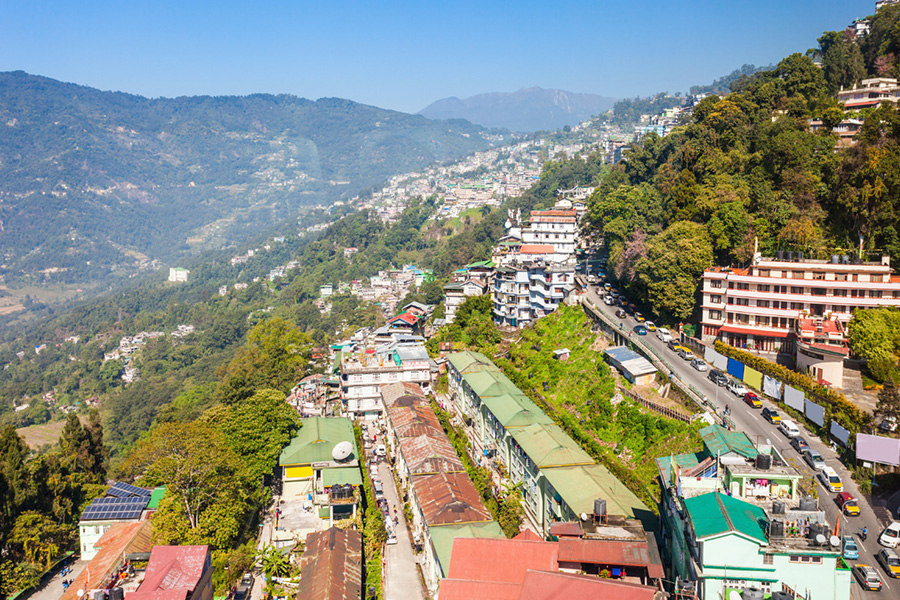
These findings indicate that in state-based repressed groups, collective action tendencies must be understood from a context-specific lens that attempts to understand both motivating and inhibitory factors.
Authors
Bhasker Malu, Assistant Professor, Jindal Institute of Behavioural Sciences, O.P. Jindal Global University, Sonipat, Haryana, India.
Sucharita Belavadi, Department of Psychological Sciences, School of Liberal Education, FLAME University, Pune, India.
Samreen Chhabra, Lecturer, Jindal Institute of Behavioural Sciences, O.P. Jindal Global University, Sonipat, Haryana, India.
Santhosh Kareepadath Rajan, Department of Psychology, CHRIST (Deemed to be University), Bangalore, India.
Rashbha Dochania, Assistant Professor, Jindal Institute of Behavioural Sciences, O. P. Jindal Global University, Sonipat, Haryana, India.
Summary
The current study analyses the motivators and inhibitors of collective action tendency using the Social Identity Model of Collective Action (SIMCA). The study was conducted with a minority and state-based repressed group known as the old settlers in Sikkim, India. The old settlers are a community that have been historically settled in Sikkim prior to the state’s merger with India in 1975.
They are racially and ethnically different from the majority population of northeasterners in Sikkim and face both institutional and interpersonal discrimination. A qualitative approach using semi-structured interviews with 11 old settlers was taken to delineate SIMCA variables – moral conviction, identity, injustice and efficacy – within the context of northeast India.
Collective action was motivated through moral conviction via principles of equality and unequal treatment and outsider status, identity via politicisation of identity, creation of social movement organisations, injustice via anger and fraternal resentment and efficacy via marches and legal recourses.
Collective action was inhibited through moral conviction via denial of violation, identity via acculturation, injustice via fear and efficacy via learned helplessness. These findings indicate that in state-based repressed groups, collective action tendencies must be understood from a context-specific lens that attempts to understand both motivating and inhibitory factors.
Published in: Asian Journal of Social Psychology.
To read the full article, please click here.

